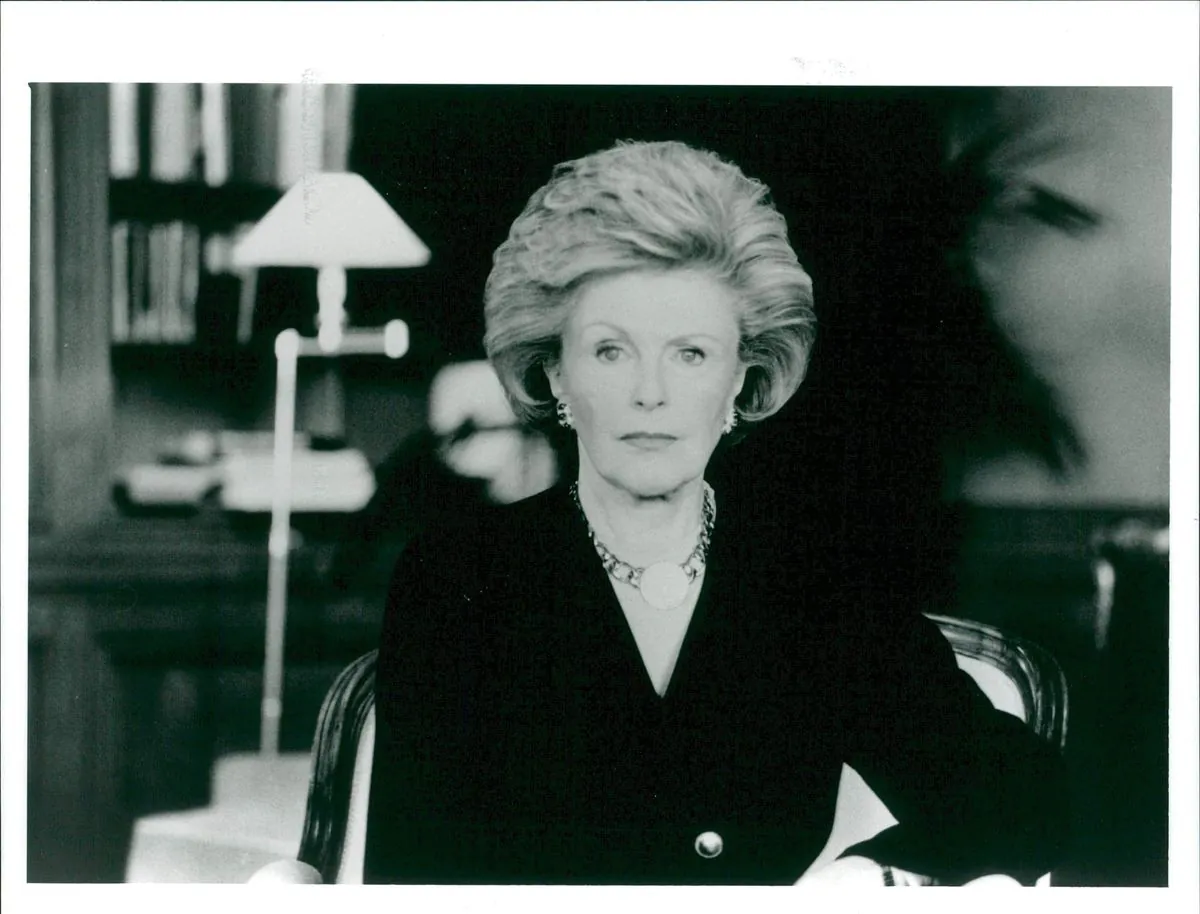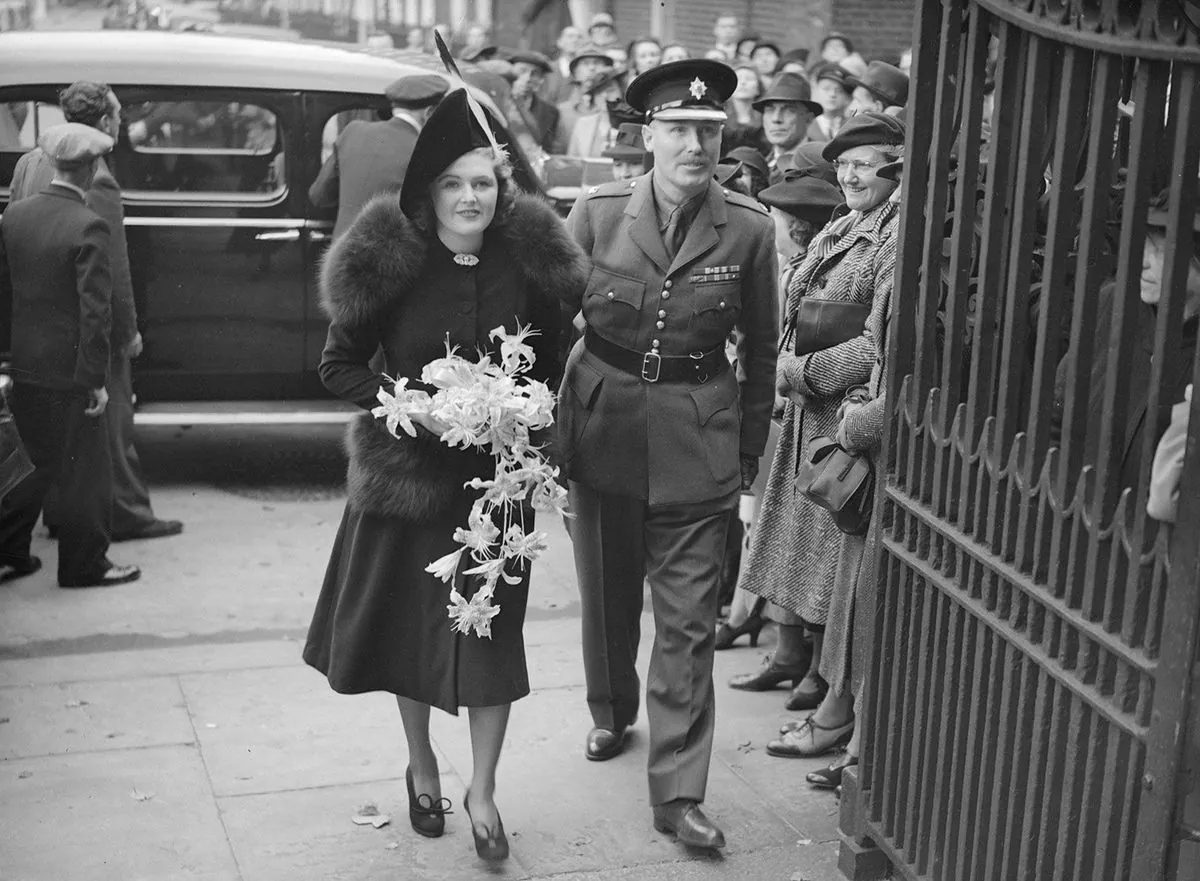Pamela Harriman: The Aristocrat Who Shaped Democratic Politics
Pamela Harriman, an English aristocrat turned American political influencer, left an indelible mark on the Democratic Party. Her life of strategic relationships and political acumen is critically examined in a new biography.

Pamela Harriman, born Pamela Digby, emerged as a significant figure in American politics, despite her English aristocratic roots. Her journey from a cash-strapped noble family to becoming a key player in the Democratic Party is a tale of ambition, strategic relationships, and political acumen.
Born in 1920 to Edward Digby, 11th Baron Digby, Pamela's life was marked by connections to powerful men. At 19, she married Randolph Churchill, son of Winston Churchill, during the tumultuous period of World War II. This union provided her with access to the highest echelons of British politics and set the stage for her future influence.
During the war, Pamela worked as a translator for the British Censorship Department, but her most significant contributions were arguably in the realm of personal diplomacy. She entertained influential Americans, including Averell Harriman and Edward R. Murrow, in various London locations. While some argue that these interactions were crucial to the war effort, the extent of their impact remains debated.

Post-war, Pamela's life took her to Paris in the 1950s, where she cultivated relationships with wealthy and influential men. This period, while controversial, laid the groundwork for her future political endeavors.
In the 1960s, Pamela moved to America, marking a new chapter in her life. She married Broadway producer Leland Hayward in 1960, immersing herself in the world of American entertainment. Following Hayward's death, she married Averell Harriman in 1971, the same year she became a U.S. citizen.
"American by choice and a Democrat by conviction."
Harriman's influence in Democratic politics peaked in the 1980s. She founded "Democrats for the Eighties," a political action committee that played a crucial role in the party's 1986 Senate victory. Her fundraising prowess and political salons in Washington D.C. earned her the nickname "Democrats' First Lady."
Her efforts culminated in her appointment as U.S. Ambassador to France by President Bill Clinton in 1993. At 73, she became a respected figure in international diplomacy, a far cry from her earlier years when she was shunned by some diplomatic circles.
However, Harriman's later years were marred by financial troubles and legal disputes over her late husband's estate. These challenges cast a shadow over her legacy, raising questions about her financial acumen and personal relationships.
Pamela Harriman passed away in February 1997 in Paris, leaving behind a complex legacy. While her political influence is undeniable, her personal life and motivations continue to be subjects of scrutiny and debate.
Awarded the Presidential Medal of Freedom posthumously in 1997, Harriman's life story has inspired multiple biographies and a TV movie. Her journey from English aristocrat to American political powerhouse remains a fascinating study of ambition, adaptation, and the intersection of personal and political life in the 20th century.


































